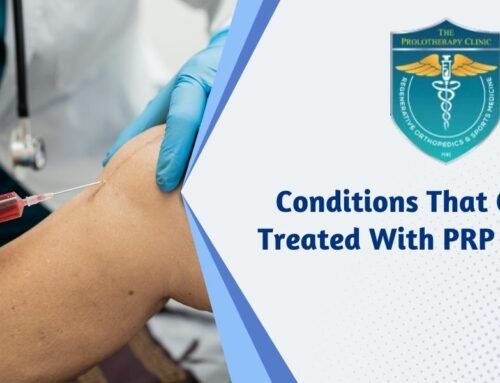Trigeminal neuralgia is an uncommon and severe form of facial pain. It most commonly affects middle-aged people. Fortunately, experts have found treatments for it. Here are the causes, symptoms and treatments of trigeminal neuralgia to learn more about it.
Causes of Trigeminal Neuralgia
-
Stress
Chronic stress may lead to stress-related diseases like hypertension, heart disease, peptic ulcer and stomach ulcer.
-
Tumours
Brain tumours are most commonly located in the hypothalamus and putamen areas of the brain.
-
Head Injuries
Head injuries can cause damage to the nerve roots that supply your face with sensation or to the trigeminal nerve itself.
-
Nerve Damage
The trigeminal nerve has many branches, which sometimes causes them to become compressed by blood vessels, bone or tumours.
Trigeminal Neuralgia Symptoms
- Numbness on one half of your mouth or face.
- Difficulty chewing and swallowing food.
- Sensitivity to touch.
- Headaches.
- Pain radiating from ear to jaw.
Treatment for Trigeminal Neuralgia
It varies widely varies on the severity of the pain and the condition’s underlying cause. In general, treatment may include:
-
Medications:
Anticonvulsants and antidepressants, such as gabapentin (Neurontin) or amitriptyline (Elavil), are often prescribed to help manage pain related to trigeminal neuralgia. Other medications that may reduce pain include carbamazepine (Tegretol), clonazepam (Klonopin), or diazepam (Valium).
-
Steroid Injections
Steroids may be injected into affected areas to help reduce swelling, which eases pain.
-
Surgery
In rare cases, surgery may get necessary to treat trigeminal neuralgia; however, this procedure is not effective in most cases.
-
Hot or cold packs
Applying a hot or cold pack to your face may help ease some pain associated with it.
Conclusion
We hope this post has assisted you in understanding trigeminal neuralgia, its causes, and how it can get managed. Even if you carry the gene for trigeminal neuralgia but do not experience symptoms early on, you should still get regular checkups so that your doctor can catch things before they get too out of hand. For more detail, contact Dr Vikram Rajguru at the Prolotherapy clinic in Pune.




